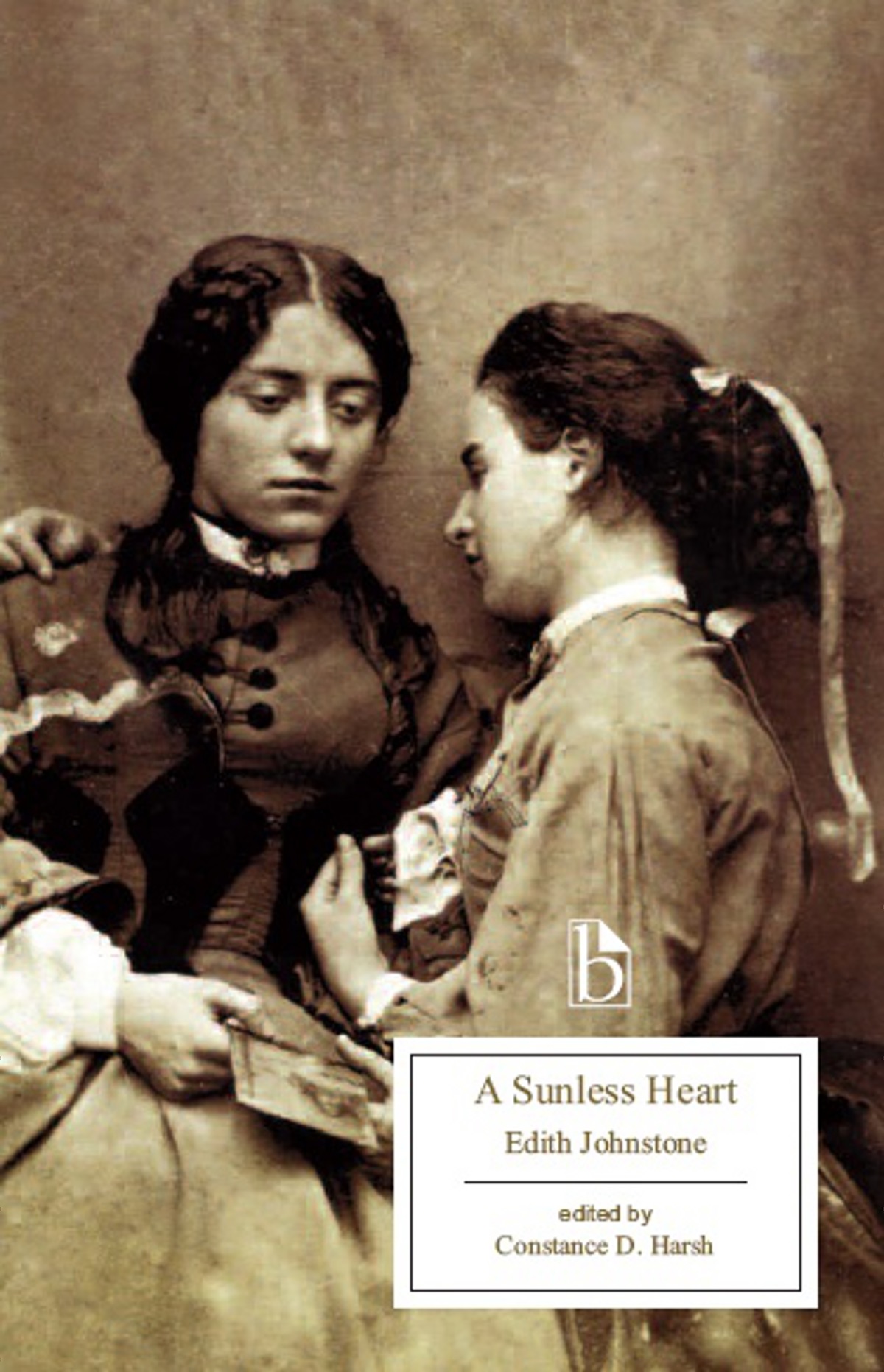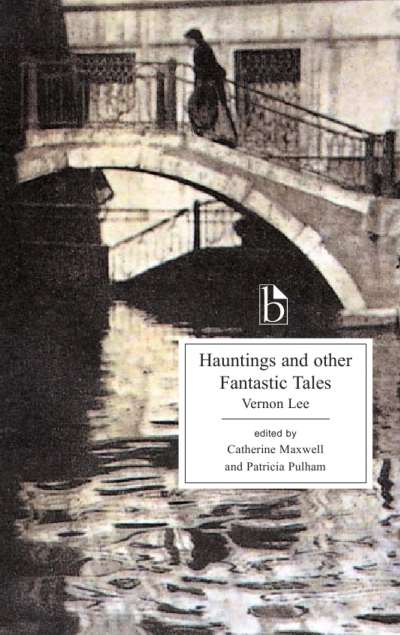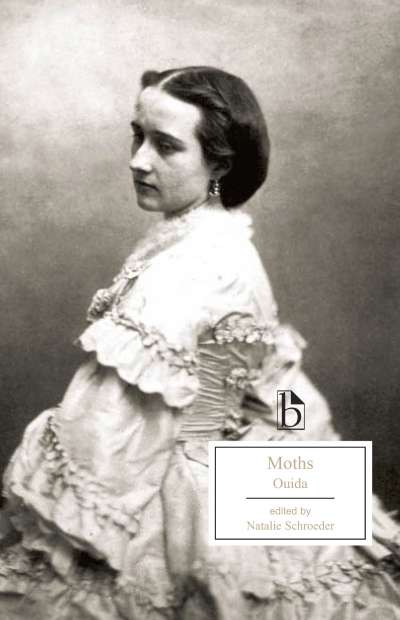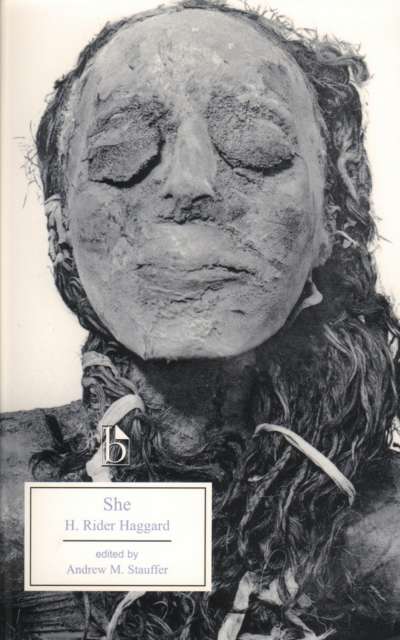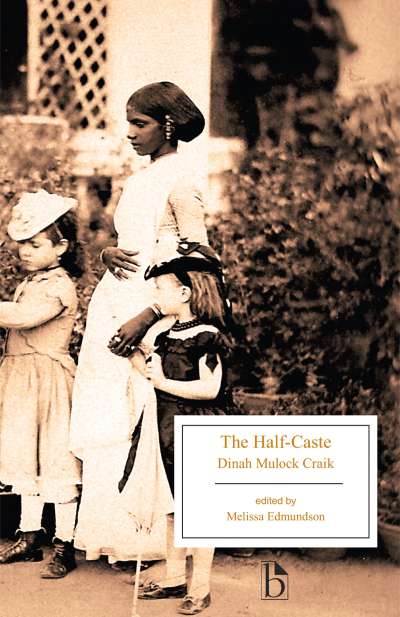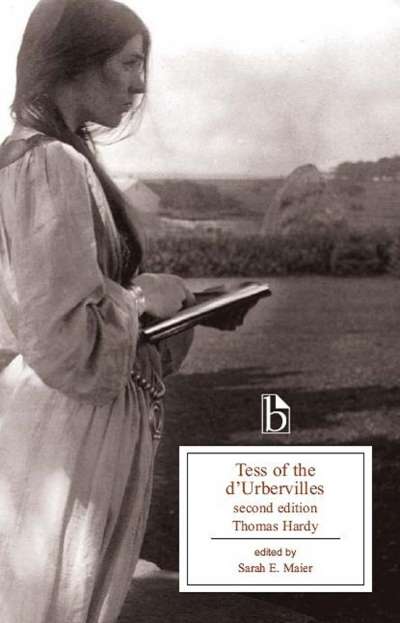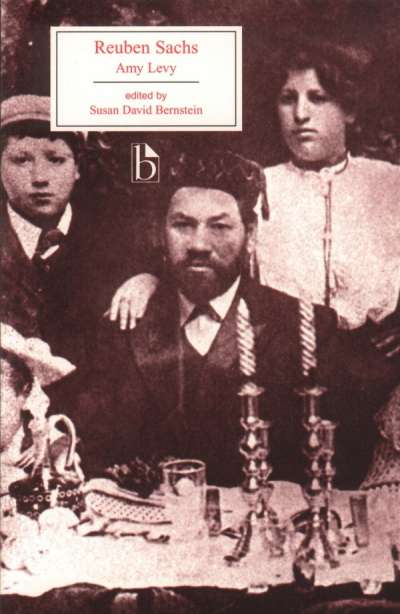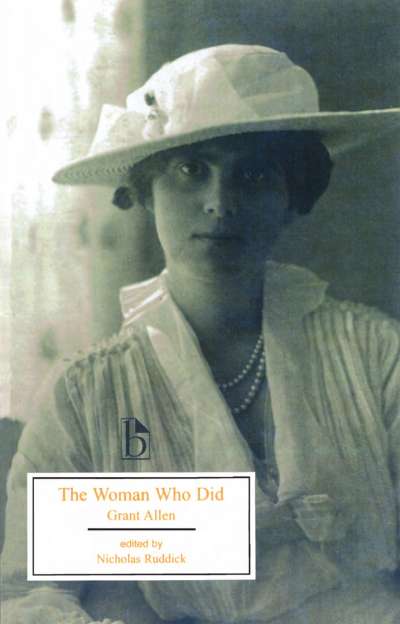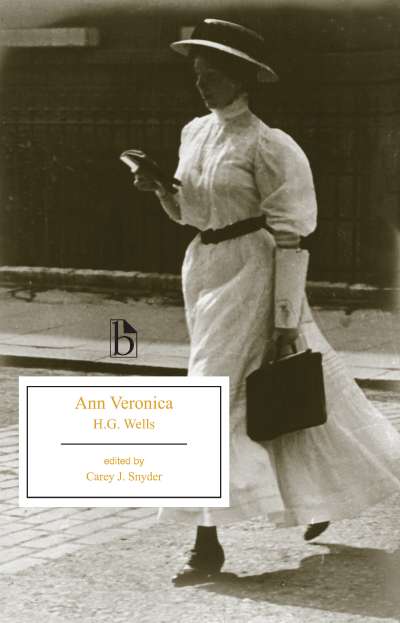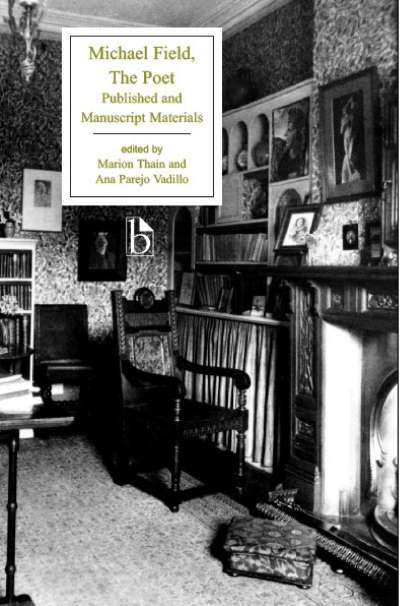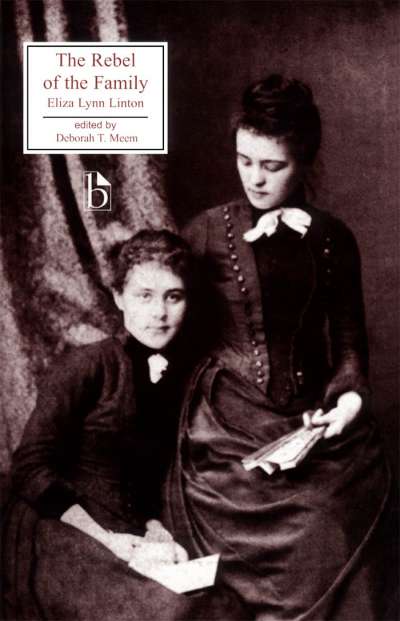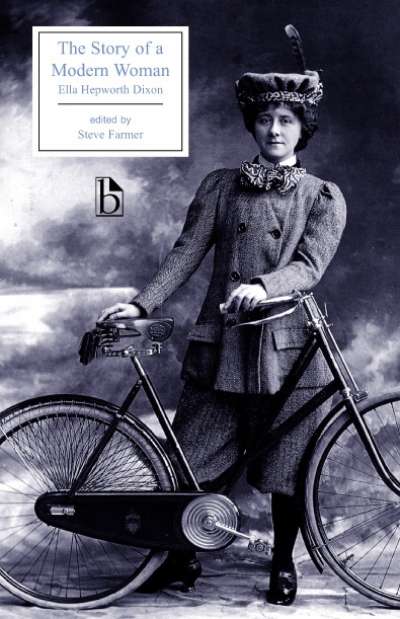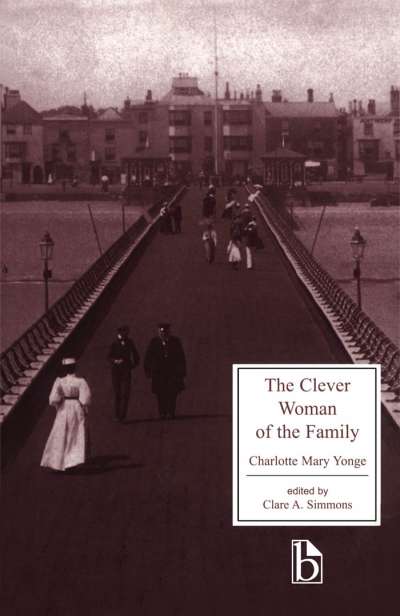In A Sunless Heart, Edith Johnstone establishes a feverish atmosphere for her novel’s story of emotional and physical hardship and the power of bonds between women. Its first third focuses on Gasparine O’Neill, who shares an intense connection with her sickly twin brother, Gaspar. Living in poverty, the two struggle to live decently until Gaspar dies. Here gritty naturalism gives way to fantasy, as Gasparine is rescued from despair by the brilliant Lotus Grace, a much-admired teacher at the local Ladies’ College. Sexually exploited from the age of twelve by her sister’s fiancé, Lotus cannot love anyone, not even her illegitimate child. Gasparine devotes herself to Lotus, but Lotus finds her final brief happiness with a woman student, Mona Lefcadio, a passionate Trinidadian heiress. Exploring issues of race, sexuality, and class in compelling prose, A Sunless Heart is a startling re-discovery from the late-Victorian era.
The appendices to this Broadview edition provide contemporary documents that illuminate the tension between romantic friendship and lesbian consciousness in the novel and address other debates in which the novel participates: the nature of Creole identity, the education of women, and the dangers of childhood sexual exploitation.
Comments
“A Sunless Heart is an intriguing novel with compelling characters and bold viewpoints that explores in fascinating ways a spectrum of issues in the late-Victorian period. Examining such significant concerns as female work, sexual perspective, abusive behavior, and searing poverty, the novel presents a complex treatment of controversial ideas and experiences. This excellent Broadview edition brings to our attention an unusual and striking text that had all but disappeared into undeserved obscurity. The novel is helpfully contextualized in the appendices through illuminating extracts on such topics as contemporary fiction, women’s roles, and sexual behavior.” — Patricia Murphy, Missouri Southern State University
“Expertly introduced and comprehensively annotated, this edition makes a significant contribution to the study of fin-de-siècle women’s writing. The extensive contextual information offers fascinating insights into a text which at the time of its publication in 1894 was placed alongside the works of New Woman writers. Idiosyncratic, almost baroque in its literary excess, and resistant to categorisation, A Sunless Heart constitutes an arresting document of late-Victorian social problem literature. Not only did the author subvert the trope of the fallen woman by reclaiming her as a respected college teacher, she also braved moral censure in her treatment of taboo subjects such as brother-sister incest, child sexual abuse, and lesbian desire.” — Ann Heilmann, University of Hull

